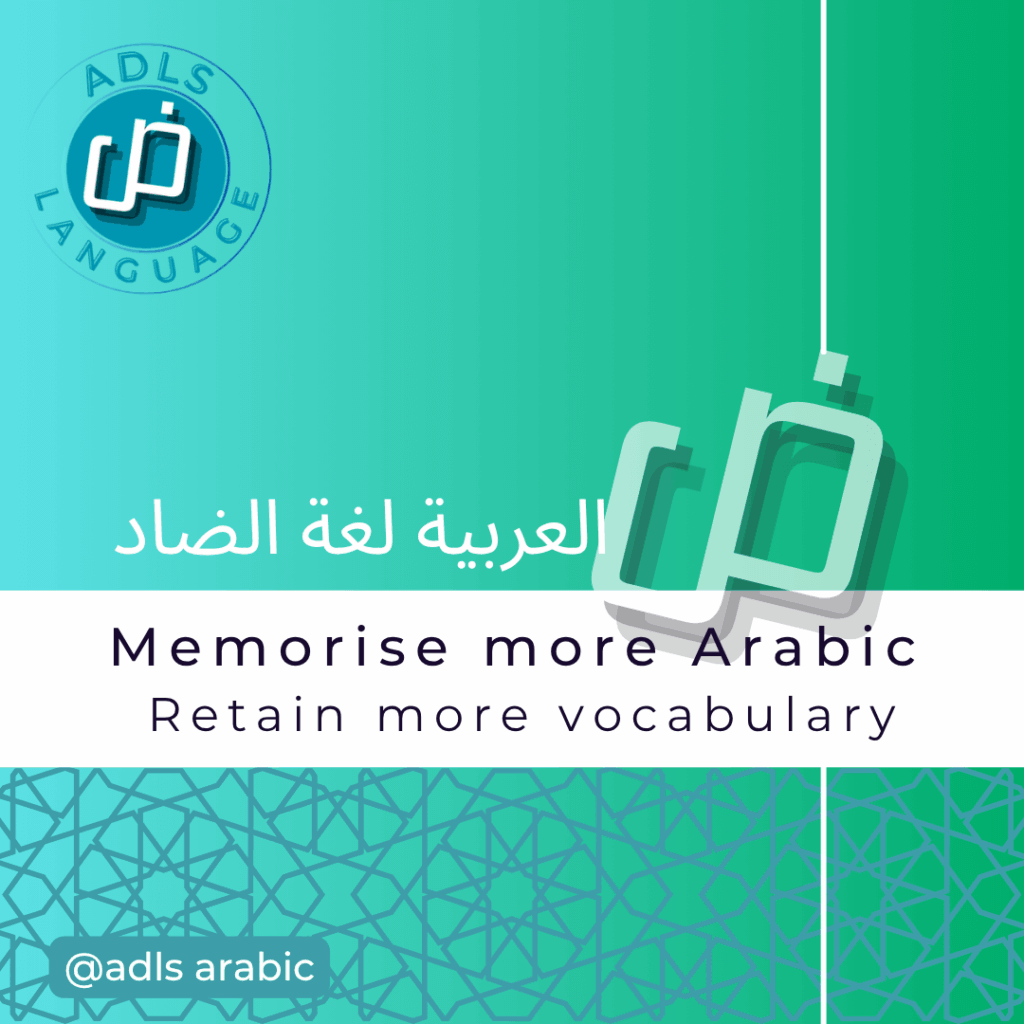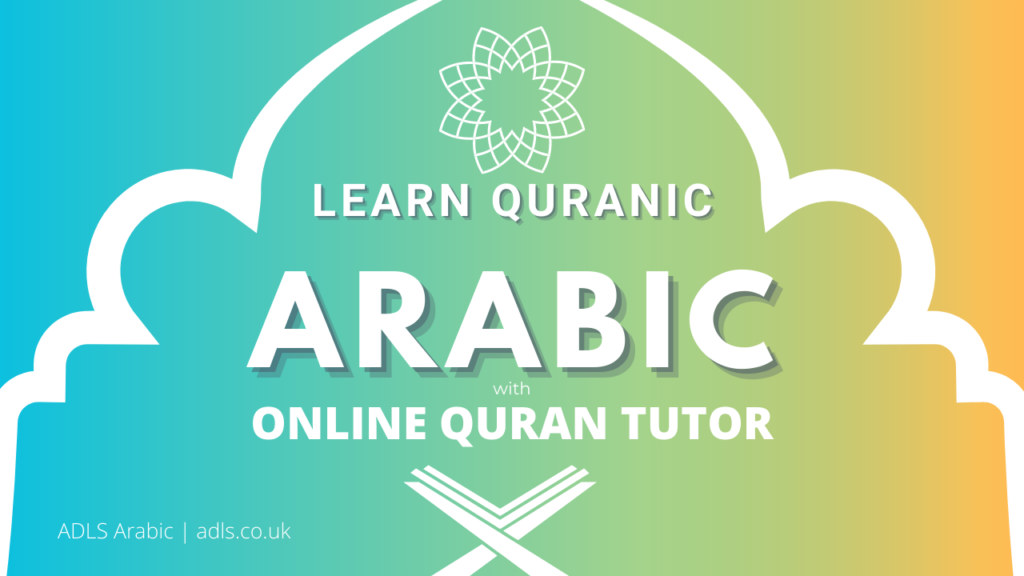How to Memorise More Arabic: 5 Effective Methods and Brain Boosting Tips
Learning Arabic can feel overwhelming, especially when faced with hundreds of new words, grammar rules, and unfamiliar script. But with the right techniques and habits, you can memorise Arabic vocabulary more effectively and retain it for longer.
1. Use Spaced Repetition (SRS)
Apps like Anki and Quizlet use SRS to review words just before you’re likely to forget them. This strengthens long-term memory and prevents cramming. Set up flashcards with audio and example sentences to reinforce meaning and pronunciation.
2. Visual Association
Connect Arabic words with images or mental stories. For example, the Arabic word for “book” is كتاب (kitāb)—imagine a kitten sitting on a book. This kind of visual trick helps lock words into your memory.
3. Chunking
Chunking is the practice of breaking information into small, manageable parts. Instead of memorising 50 random words, learn 10 related to one topic (e.g., food, school, travel). Grouping words makes recall easier and builds vocabulary around themes.
4. Active Recall and Writing Practice
Cover the Arabic side of your notes and try recalling each word from memory. Writing out words repeatedly, especially in full sentences, strengthens retention. Say the words out loud as you write to engage more senses.
5. Learn in Context
Don’t just memorise isolated words. Learn how they appear in sentences, dialogues, and stories. This way, your brain links the word to real usage, making it easier to remember and use correctly.

Best Foods to Boost Memory Power
Brain-boosting foods include:
- Blueberries (antioxidants for brain health)
- Fatty fish like salmon (rich in omega-3)
- Nuts and seeds (vitamin E)
- Leafy greens (folate and vitamin K)
- Dark chocolate (flavonoids and caffeine in moderation)
Best Exercises for Improved Memory
Regular aerobic exercise (walking, swimming, cycling) increases blood flow to the brain. Yoga and meditation help with concentration and reducing mental fatigue.
Solo vs Group Study
Studying alone is great for focused repetition and personal pace. Group study helps with speaking practice, motivation, and testing each other. A combination of both is usually best.
Why Do Some People Have Better Memories?
Memory strength is influenced by genetics, age, lifestyle, and habits. While younger brains may retain faster, older learners with strong discipline and healthy routines can still excel. Sleep, stress levels, and even hydration impact memory retention.
Mastering Arabic is possible for anyone—with the right tools, techniques, and mindset, you can build a lasting vocabulary and fluency step by step.
See more about GCSE Arabic. For more details regarding lessons in Arabic for leisure or GCSE Arabic for exams, or Quranic Arabic tuition contact us. Follow our social media.


